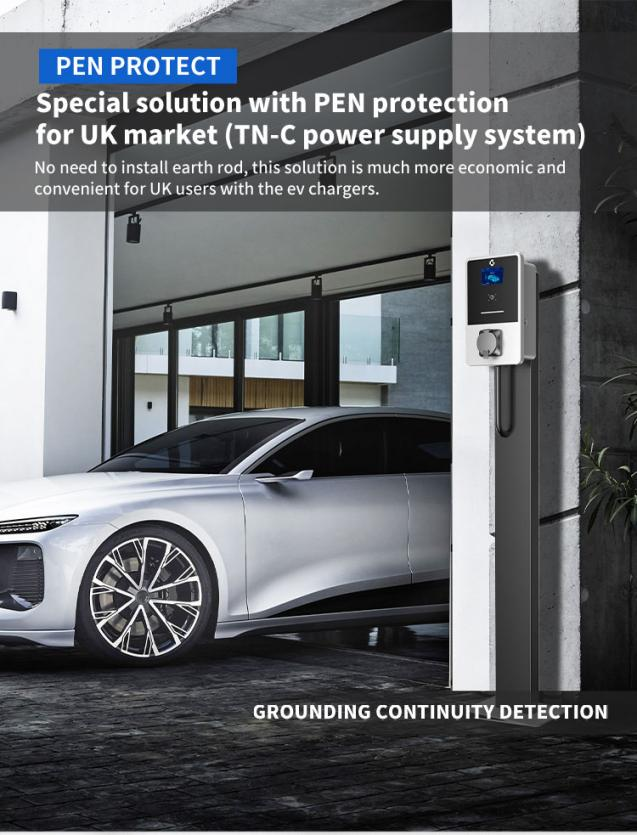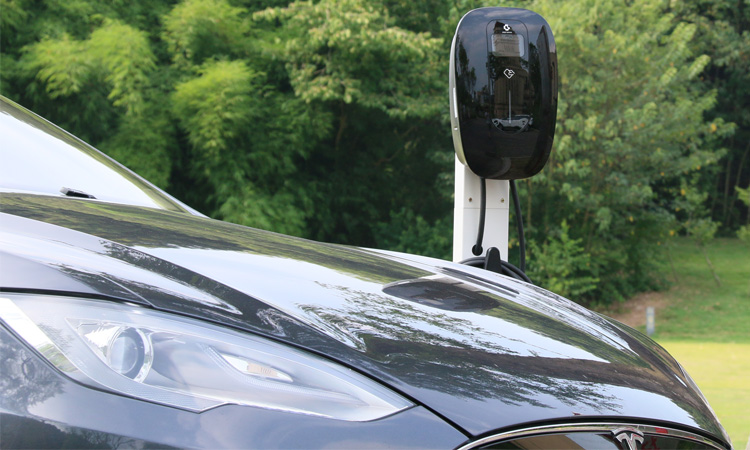On November 8, data from the Passenger Association showed that 103,000 units of new energy passenger vehicles were exported in October.
Specifically.
54,504 units exported by Tesla China. SAIC Passenger Cars' new energy exports of 18,688 units. 10,785 units exported by Dongfeng EJET. 9,529 units from BYD Auto. 2,496 units of Geely Automobile. 1,552 units of Great Wall Motor. 1,457 units of Citroen Automobile. 1,098 units exported by Skyworth Automotive. SAIC-GM-Wuling exported 1,087 units. 445 units of Dongfeng passenger cars. 373 units of AIC Motors. 307 units of FAW Hongqi exported. 228 units exported by JAC Motors. 158 units exported by SAIC DATONG. Some other car companies also exported a small number of new energy vehicles.
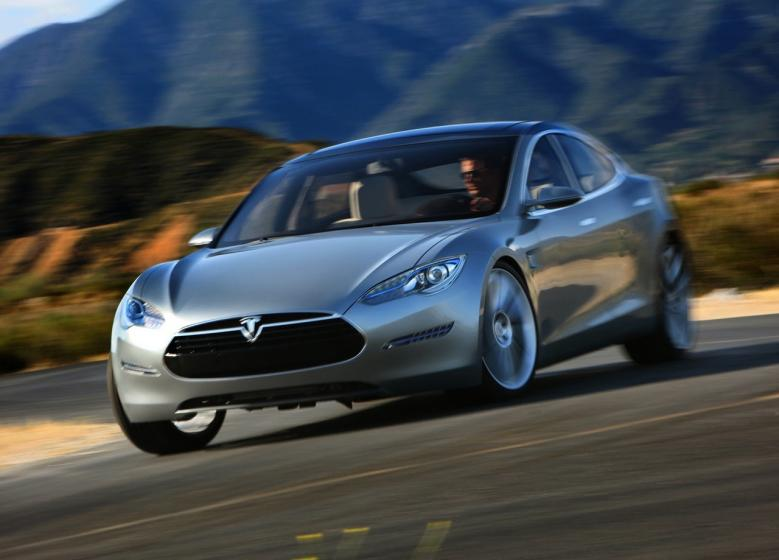
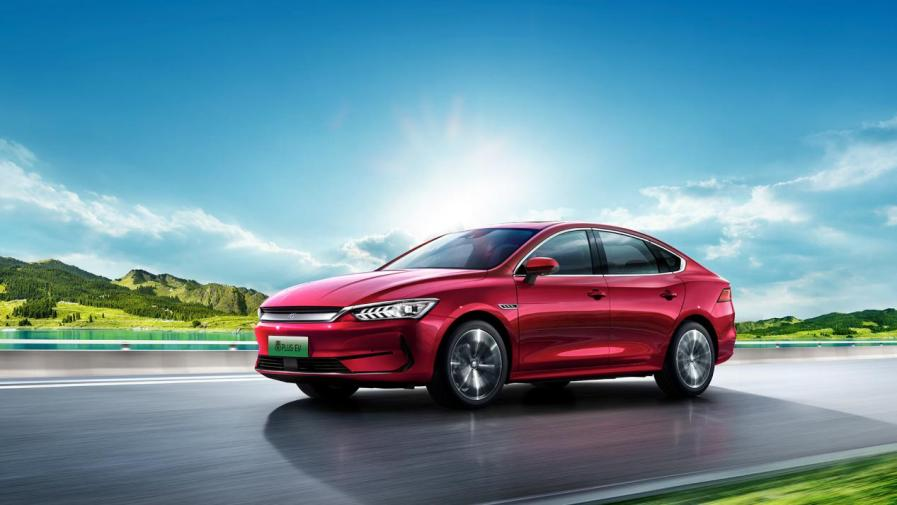
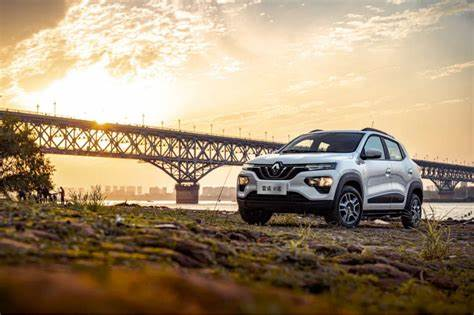
With such a huge need to export electric vehicles, the charging station industry has also seen a "high tide" of development. Due to the rising price of raw materials such as petrol and the need to protect the environment, electric vehicles are set to become mainstream in the next 30 years, which clearly indicates that the future of EV charging station is bright for the next 20 to 50 years, whether they are built in public car parks for commercial use or for individuals to install in their homes for domestic AC EV charging. DC charging piles built in public car parks are generally led by the government to build stations for enterprises. For small and medium enterprises, home charging wallbox are the main market, affordable and for private use more importantly, the market is huge.
Post time: Nov-10-2022


